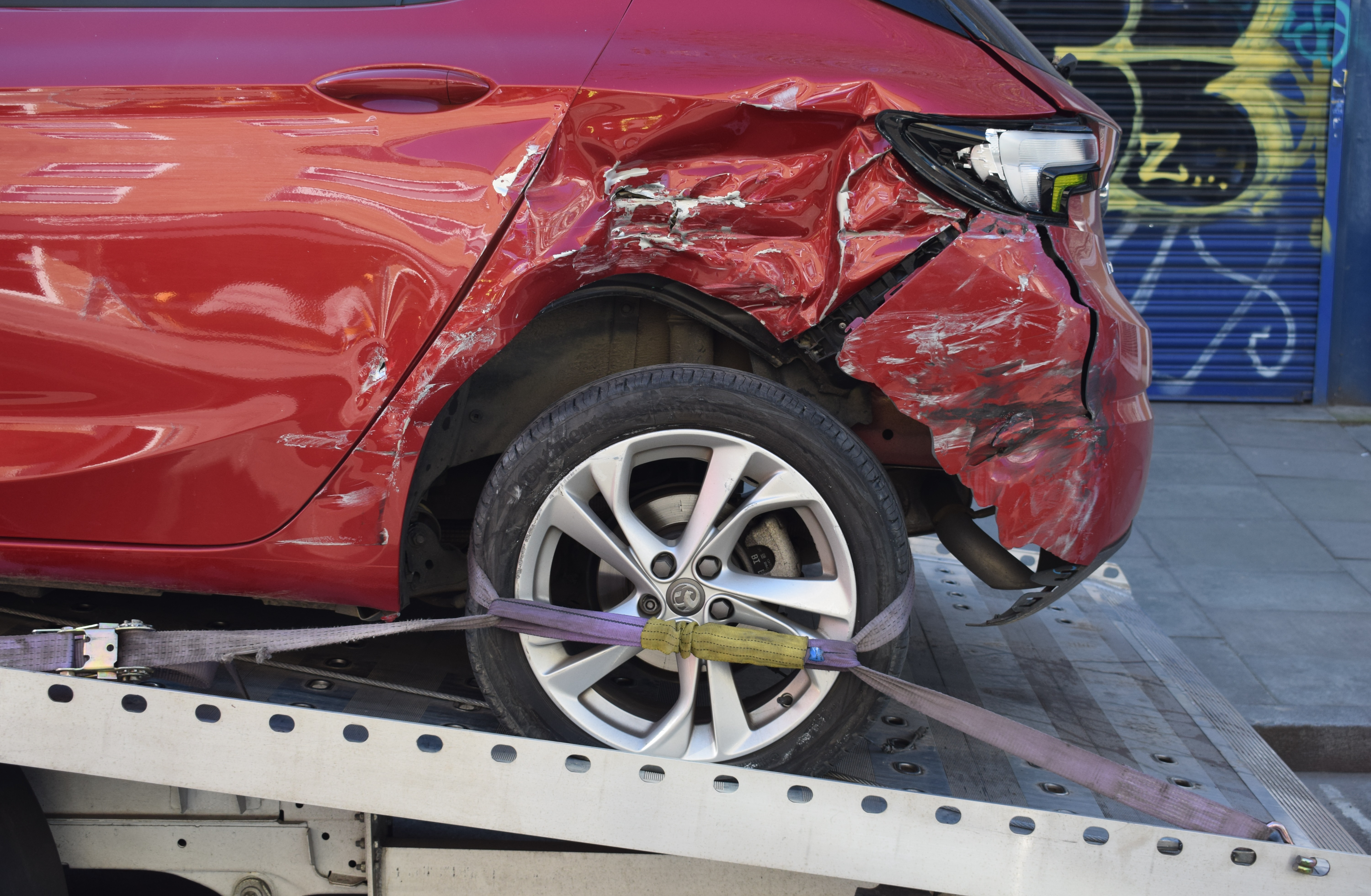Why Allowing Insurance Companies to Move Your Vehicle from a Tow Yard Is in Your Best Interest
Posted in Accident & Injury, Automobile, Car Accident, Motorcycle Accident, Truck Accident on October 25, 2023

Imagine this scenario: You’ve been in a car accident, and the aftermath is nothing short of a chaotic whirlwind. Your car now sits in a tow yard, a stark reminder of the collision that turned your day upside down. Your insurance company is requesting your permission to relocate your vehicle to a different lot. Should you agree to this?
The short answer: Yes, you should, and here’s why.
Your Vehicle, Your Say
First and foremost, it’s essential to recognize that your vehicle remains your property. Insurance companies must seek your consent before taking any action related to it, including relocating it to a different storage lot. This is not only a matter of respect for your property rights but also your prerogative as the vehicle owner.
The Cost-Efficiency Factor
Insurance companies often request the transfer of your vehicle from the tow yard to a location of their choice for a very compelling reason – to minimize the overall cost of storing your car during the sometimes lengthy process of completing total loss paperwork and title transfer.
Each day, your vehicle remains in the tow yard and racks up storage fees, which the insurance company has to cover. To avoid additional expenses that can eat into your eventual total loss payment, it’s highly advisable to grant permission for the relocation.
A Consideration for Your Finances
We recommend that clients permit insurance to move the vehicle immediately since many policies deduct the tow bill from the total loss payment.
At Elk + Elk’s first meeting with a client, property damage is addressed, and the client is instructed to consent to this as it may save them money.
Remember, the goal is not just to secure the best possible outcome for your claim but also to navigate the process with knowledge and confidence. In doing so, you’ll find that there are indeed battles worth fighting with your insurance company – but this, unquestionably, is not one of them.